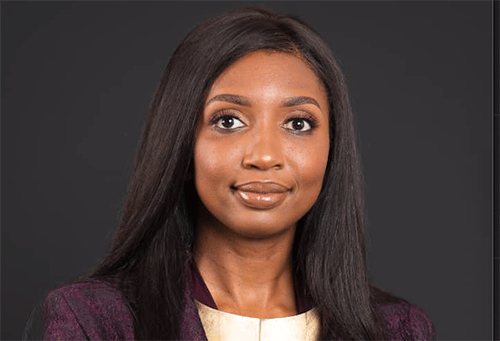Morna Ikosa
Consider the tribal tensions that happened at the soccer games on 18 November 2023 or the fact that certain tribes cannot be found walking around certain locations in Katutura.
Are places like Herero Mall, Dolam and Owambo location not possible hotspots for tribalism? Can tribalism be resolved without addressing the cruel, calculating and intentional spatial architectural design by the apartheid government to divide and rule Namibians?
The City of Windhoek (CoW) can become a catalyst to address tribalism by adopting an urban resilience framework. CoW can incorporate village (mimicking the setup of villages in Namibia) urban designs in suburbs to promote interconnectedness, unity, diversity, inclusivity and interdependency. It has been done in Portland, the United States. I am sure it can be done in Windhoek.
More and more countries are moving towards adapting urban resilience frameworks in their urban designs. Why? Firstly, countries (like Namibia) that have adopted the Sustainable Development Goals (SDGs) are required, according to goal 11 of the SDGs, to make cities inclusive, safe, resilient and sustainable.
Secondly, it has become imperative for cities to learn, adapt and develop mitigating strategies to deal with the stress and shocks caused by natural and man-made pressures.
Cities need to build resilient systems, processes and structures in an uncertain, unstable and volatile world. Thus, cross-sectoral, integrated and interdependent systems, which are inclusive of all stakeholder groups, are essential to the success of a sustainable and resilient city.
Medellín, in Colombia, is a good example of a city, whose resilience framework has yielded remarkable results for the city.
Over 30 years ago, Medellín was rated as one of the criminal-infested cities. It was a haven for drug lords and traffickers. The city was mired in unemployment, murders and violence.
Now, the city has reduced inequality amongst the residents by increasing productive economic activities. There is also a huge reduction in crimes and violence. The city has better air quality. Residents, especially those who live on the outskirts of the city, experienced a reduction in commuting time due to the improved transportation system.
What was the magic formula? well, Medellín’s authorities and urban developers put the needs of its residents at the forefront of their urban planning process. They inculcated a culture of dialogue and collaboration between the public and private sectors, universities, civil societies and marginalised communities.
They further allowed the residents to participate in the city’s budget meetings, where they were allowed to give input on the city’s expenditures.
No challenge is insurmountable. If Medellín, a city once known for crime and high unemployment, can be revered for being a good example of a resilient city, Windhoek will also be able to tackle not just the tribalism issue but a range of other challenges, such as veld fires, heat waves, floods, crime, racism, high inflation and waste pollution.
Resilience cities, which, according to the Rockefeller Foundation (who supported the development of the City Resilience Index by Arup, used by over 100 cities in the world), are defined as “the capacity of cities to function, so that the people living and working in cities, particularly the poor and vulnerable, survive and thrive no matter what stresses or shocks they encounter”. They require the following conditions to thrive.
These include inclusive governance and strong institutional capacity, sufficient capital, technology and innovation, lifestyle and behavioural change, monitoring and evaluation mechanisms, as well as attention to culture and heritage. Namibia can provide this environment. There just needs to be sufficient political will, finances and cross-sectoral collaboration and participation.
*Morna Ikosa is a seasoned communications and stakeholder engagement consultant. She has an affinity for sustainable development matters.


